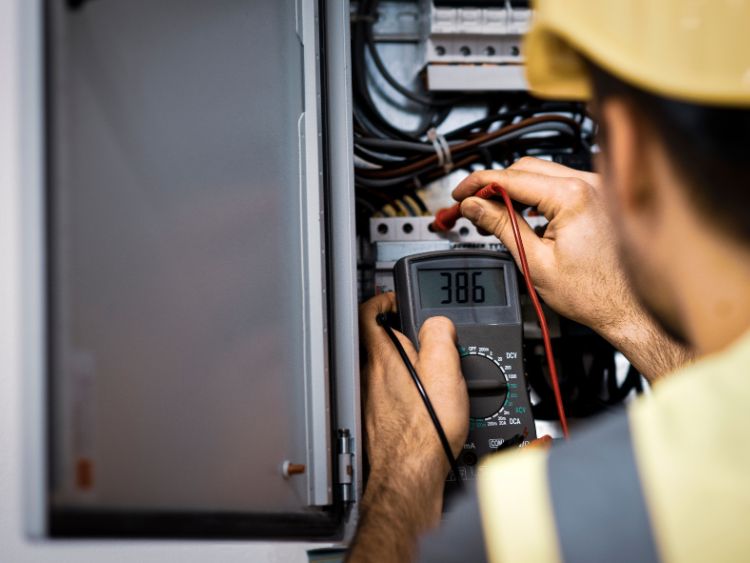In the electrifying world of DIY and home repairs, having the right tools in your arsenal can make or break your project. Enter the electrical repair kit: the unsung hero of home maintenance and emergency fixes. It’s not just a collection of tools; it’s your first line of defense against the flickers, sparks, and dead outlets that life throws your way. So, buckle up as we dive into the nitty-gritty of assembling and utilizing your electrical repair kit, ensuring you’re prepared for whatever comes your way.
What Belongs in Your Electrical Repair Kit?
First things first, let’s break down what goes into an electrical repair kit. This isn’t about stuffing a box with every tool under the sun; it’s about carefully selecting items that balance functionality with versatility.
- Multimeter: This is the Swiss Army knife of electrical tools, allowing you to measure voltage, current, and resistance. It’s a must for troubleshooting.
- Wire Strippers: These will be your go-to for preparing wires for connections or terminations.
- Screwdrivers (Flathead and Phillips): Opt for insulated versions for an extra layer of safety.
- Needle Nose Pliers: For those hard-to-reach places and intricate wire work.
- Voltage Tester: Essential for ensuring safety before you start working.
- Electrical Tape: For insulating and securing wire connections.
- Wire Connectors: To safely connect wires without soldering.
- Cable Ties: For neatening up your work and managing cables.
- Flashlight or Headlamp: Because you’ll often find yourself working in poorly lit areas.
Safeguarding Your Safety
Before diving into repairs, safety first! Always shut off the power at the breaker box before working on any electrical project. Double-check that the power is indeed off using your voltage tester. Remember, better safe than sorry!
Diving Into Repairs
Armed with your electrical repair kit, tackling common household electrical problems becomes a breeze. Whether it’s replacing a worn-out outlet or fixing a frayed cord, the right tools at your fingertips make the job smoother and safer.
Troubleshooting Tips and Tricks
Sometimes, the issue isn’t as straightforward as it seems. Here’s where your multimeter becomes invaluable. Use it to diagnose problems like short circuits or faulty appliances, saving you time and potential headaches.
FAQs
Q: Can I use any screwdriver for electrical work? A: No, it’s best to use insulated screwdrivers to reduce the risk of electric shock.
Q: How often should I replace the items in my electrical repair kit? A: Inspect your tools regularly and replace them if they show signs of wear or damage. There’s no hard and fast rule, but quality tools properly cared for can last many years.
Q: Are there any smart tools I should consider adding to my kit? A: Yes, smart multimeters and voltage testers that connect to smartphones for more detailed readings are great additions for those looking to upgrade their kit.
In Conclusion
Your electrical repair kit is more than just a set of tools; it’s a companion for navigating the currents of home maintenance. With the right items, a focus on safety, and a dash of know-how, you’re well-equipped to tackle electrical repairs with confidence. Remember, while the world of DIY is exciting, always consult a professional for complex or dangerous tasks. Here’s to empowering your electrical repair adventures!







